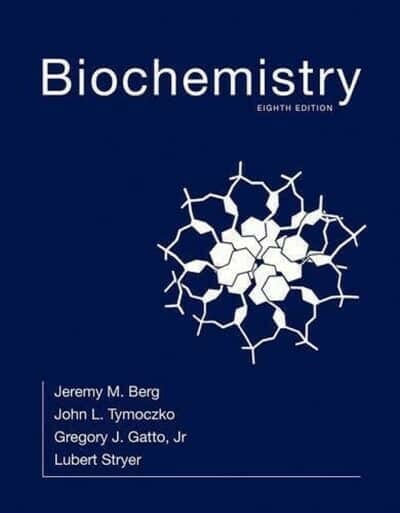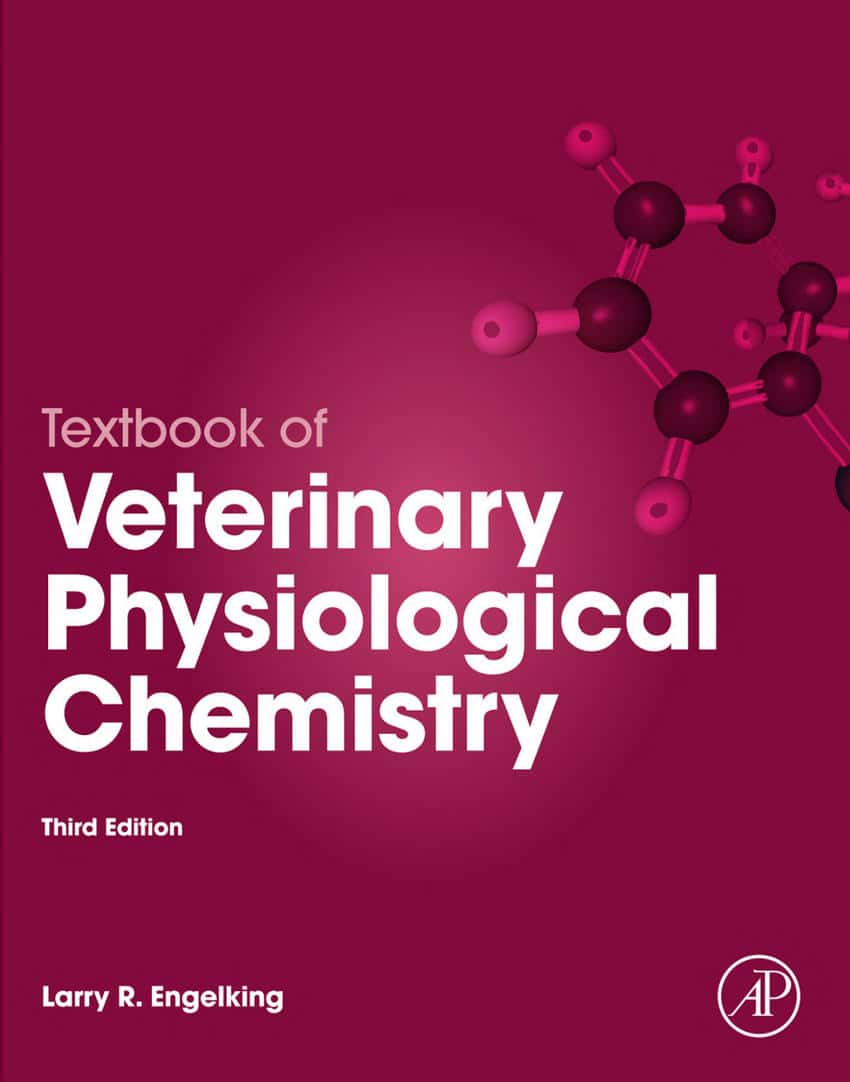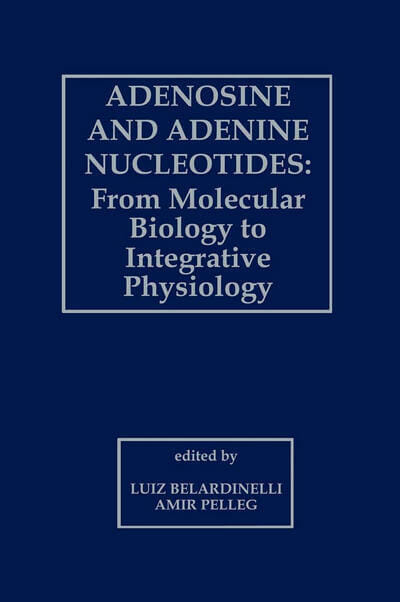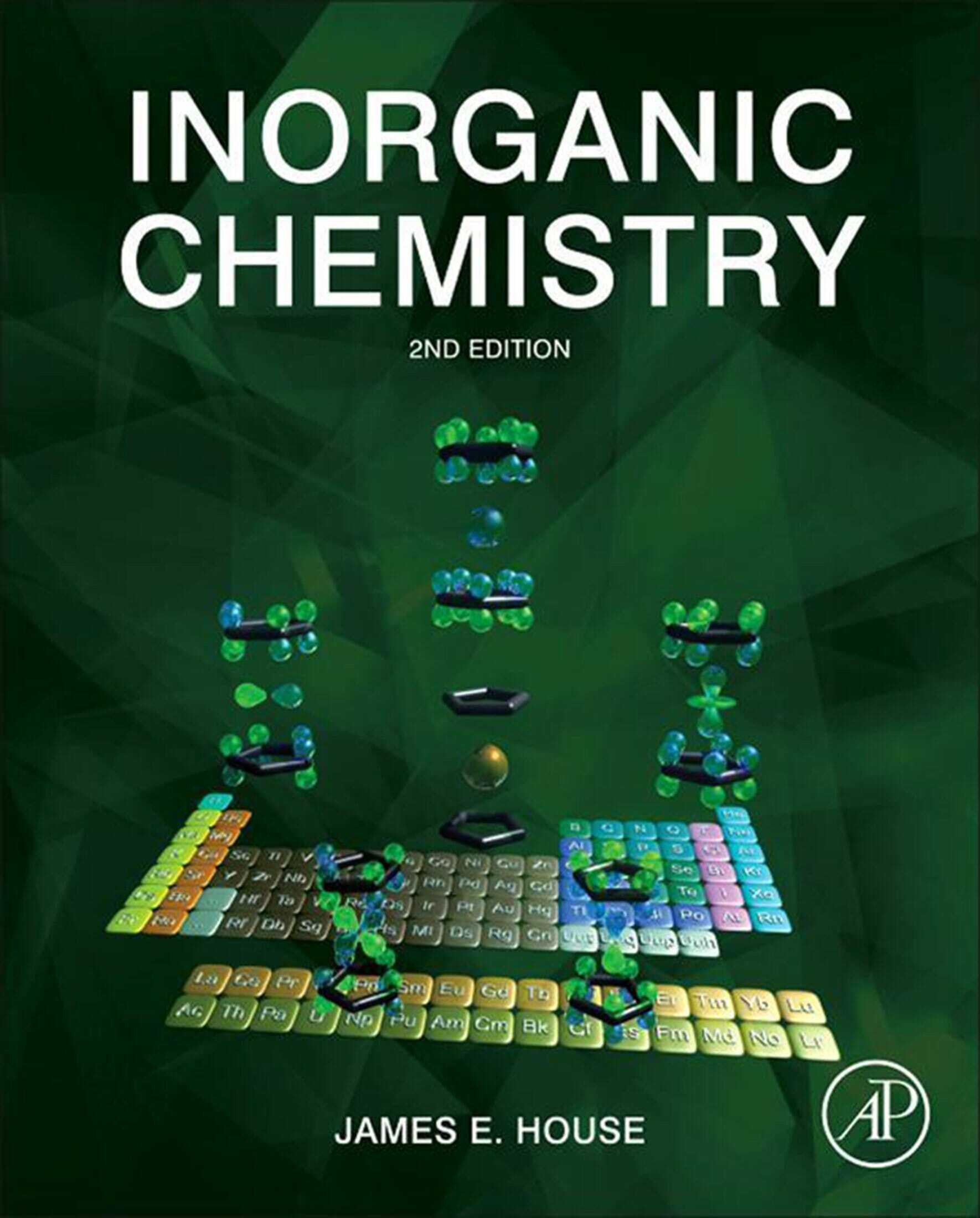Biochemistry, 8th Edition

By Jeremy M. Berg , John L. Tymoczko , Gregory J. Gatto Jr. , Lubert Stryer
Biochemistry, 8th Edition PDF. For four decades, this extraordinary textbook played an pivotal role in the way biochemistry is taught, offering exceptionally clear writing, innovative graphics, coverage of the latest research techniques and advances, and a signature emphasis on physiological and medical relevance. Those defining features are at the heart of this edition.
Read more: Fundamentals of Biochemistry 5th Edition
Clear Writing
Biochemistry makes the language of the course as accessible as possible. Its straightforward and logical organization enhances clarity by stepping the reader through processes and helping them navigate complex pathways and mechanisms. In this edition, as in all previous editions, the authors thoroughly revised the text with an eye for clarity, rewriting and reorganizing discussions where advances in the field have given us a different perspective on biochemistry.
Precise, informative Illustrations
Each figure focuses on a single concept, clearly telling the story of a mechanism, pathway or process without the distraction of excess detail.
Physiological Relevance
Biochemistry helps students see their own lives in the in the study of life at the smallest scale. It presents pathways and processes in a physiological context to show how biochemistry works in different parts of the body and under different environmental and hormonal conditions.
Clinical Insights
Wherever appropriate, pathways and mechanisms are applied to health and disease in discussions. These applications show students how biochemistry is relevant to them while reinforcing the concepts they have just learned.
Evolutionary Perspective
Evolution is evident in the structures and pathways of biochemistry, and is woven into the narrative of the textbook.
LaunchPad
Developed with extensive feedback from instructors and students, this new online course space offers:
- Pre-built units for each chapter, curated by experienced educators, with media organized and ready to assign or customize to suit your course.
- All resources for the text in one location, including an interactive e-book, LearningCurve adaptive quizzing (see below), Case Studies, clicker questions, and more.
- Intuitive and useful analytics and gradebook that reveals how your class is doing individually and as a whole.
- A streamlined and intuitive interface that lets you create your entire course in minutes.
LearningCurve
In a game-like format, LearningCurve adaptive and formative quizzing provides an effective way to get students involved in the coursework. It offers:
- A unique learning path for each student, with quizzes shaped by each individual’s correct and incorrect answers.
- A Personalized Study Plan, to guide students’ preparation for class and for exams.
- Feedback for each question with live links to relevant e-book pages, guiding students to the reading they need to do to improve their areas of weakness.
NEW Case Studies
With these assignable and assessable biochemistry case studies, students work with data, develop critical thinking skills, connect topics and apply what they’re learning to real scenarios. Cases include suggestions for using them in the classroom and aligned assessment questions for quizzes and exams.
NEW Clicker Questions (Microsoft Word and PowerPoint)
With these questions, instructors can integrate active learning in the classroom and assess students’ understanding of key concepts during lectures.
New Coauthor, Gregory J. Gatto, Jr.
A longtime contributor to the text, Gatto has made major contributions throughout the new edition, leading the revision of:
Chapter 2. Protein Composition and Structure
Chapter 3. Exploring Proteins and Proteomes
Chapter 5. Exploring Genes and Genomes
Chapter 6. Exploring Evolution and Bioinformatics
Chapter 7. Hemoglobin: Portrait of a Protein in Action
Chapter 12. Lipids and Cell Membranes
Chapter 13. Membrane Channels and Pumps
Chapter 14. Signal-Transduction Pathways
Chapter 34. The Immune System
Chapter 36 Drug DevelopmentContent Update Highlights
Chapter 5 Exploring Genes and Genomes
Expanded coverage on Mass Spectrometry, Protein Mass, Protein Identity
and Protein Sequence
Chapter 9 Catalytic Strategies
New section on “Mutations in Genes Encoding Hemoglobin Subunits Can Result in Disease”
New Clinical Insight “Thalassemia is caused by an imbalanced production of hemoglobin chains”
Chapter 13 Membrane Channels and Pumps
New Clinical Insight “Mutations in Protein Kinase A Can Cause Cushing Syndrome”
Chapter 14 Signal-Transduction Pathways
- Expanded coverage in sections 14.1 & 14.2 to include:
- Most Digestive Enzymes Are Secreted as Inactive Precursors
- A new clinical insight “Protein Digestion Begins in the Stomach”
- Protein Digestion Continues in the Intestine
- A new clinical insight “Celiac Disease Results from the Inability to Properly Digest Certain Protein”
Chapter 15 Metabolism: Basic Concepts and Design
New section “Energy Is Required to Meet Three Fundamental Needs”
Expanded coverage on phosphates in biochemical processes
Chapter 16 Glycolysis and Gluconeogenesis
New Clinical Insight “Excessive fructose consumption can lead to pathological conditions”
New clinical Insight “Aerobic glycolysis is a property of rapidly growing cells”
Chapter 20 The Calvin Cycle and the Pentose Phosphate Pathway
New Clinical Insight “Loss of Iron-Sulfur Cluster Results in Friedreich’s Ataxia”
Chapter 21 Glycogen Metabolism
New Clinical Insight “ATP Synthase Can Be Regulated”
Chapter 22 Fatty Acid Metabolism
Expanded coverage on “The Activity of Chloroplast ATP Synthase Is Regulated”
Chapter 24 The Biosynthesis of Amino Acids
Expanded coverage on Phosphorylase
Chapter 26 The Biosynthesis of Membrane Lipids and Steroids
New Clinical Insight “The Pentose Phosphate Pathway Is Required For Rapid Cell Growth”
Chapter 27 The Integration of Metabolism
New Clinical Insight “Ketogenic Diets May Have Therapeutic Properties”
New Clinical Insight “Some Fatty Acids May Contribute to the Development of Pathological Conditions”
Chapter 28 DNA Replication, Repair, and Recombination
New Clinical Insight “Fatty Acid Metabolism Is Altered in Tumor Cells”
Chapter 29 RNA Synthesis and Processing
New Clinical Insight “Phosphatidylcholine Is An Abundant Phospholipid”
New Clinical Insight “Cycling of the LDL Receptor Is Regulated”
New Clinical Insight “The Clinical Management of Cholesterol Levels Can Be Understood at a Biochemical Level”
Chapter 30 Protein Synthesis
New Clinical Insight “Blood Levels of Aminotransferase Serve a Diagnostic Function”
This Book is Avaiable for Members
Access this book instantly with a Premium membership



![The Absolute, Ultimate Guide to Principles of Biochemistry [Study Guide and Solutions Manual] The Absolute, Ultimate Guide to Principles of Biochemistry study guide and solutions manual PDF](https://www.vet-ebooks.com/wp-content/uploads/2023/04/the-absolute-ultimate-guide-to-principles-of-biochemistry-study-guide-and-solutions-manual-150x150.jpg)






![Ettinger’s Textbook of Veterinary Internal Medicine 9th Edition Ettinger’s Textbook of Veterinary Internal Medicine 9th Edition [True PDF+Videos]](https://www.vet-ebooks.com/wp-content/uploads/2024/10/ettingers-textbook-of-veterinary-internal-medicine-9th-edition-100x70.jpg)






